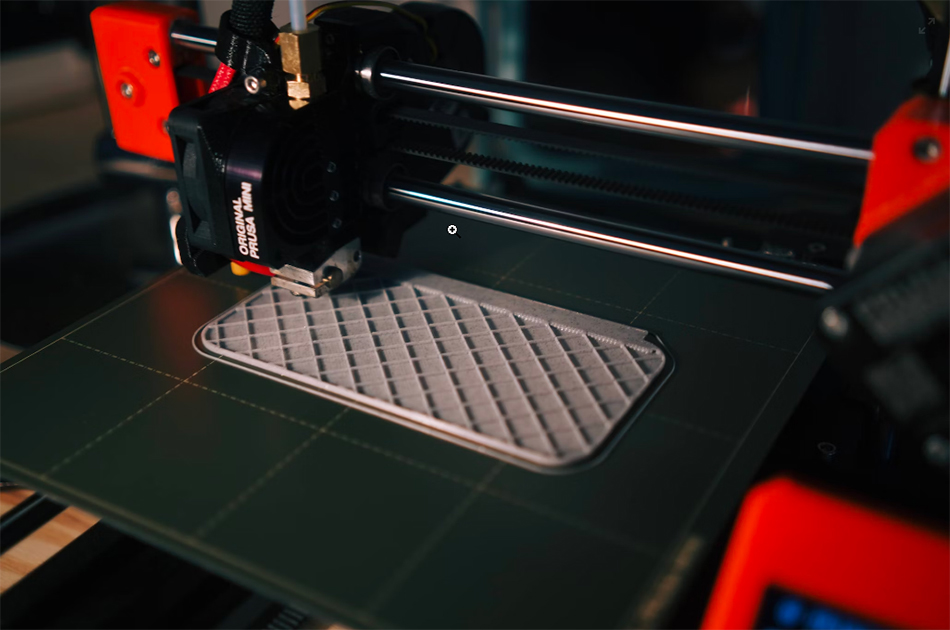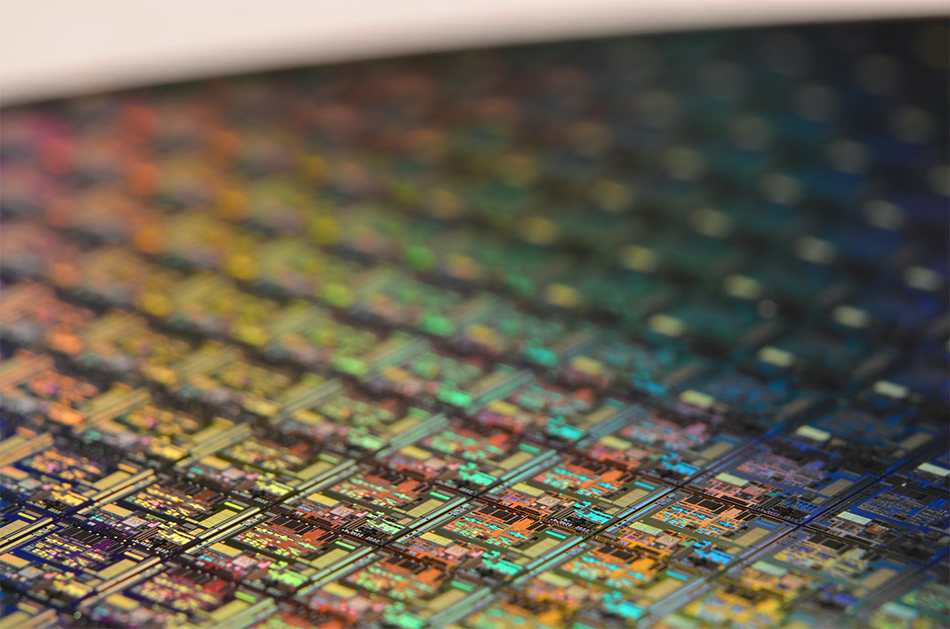Revolutionizing Medical Testing: McGill’s 3D-Printed Capillaric Circuits for Instant Diagnostics
McGill University is at the forefront of a medical revolution with its latest innovation: the 3D-printed ‘lab on a chip.’ This groundbreaking technology, capable of being produced in just half an hour, is poised to redefine the landscape of medical diagnostics. By miniaturizing and simplifying complex testing procedures, these chips promise to bring efficient, precise diagnostics directly to patients’ doorsteps. Their unique design, relying on capillary action and eliminating the need for external power, makes them a versatile tool in various settings, particularly beneficial where traditional laboratory infrastructure is lacking. As this technology addresses the pressing needs for at-home testing and rapid healthcare response, especially highlighted during the COVID-19 pandemic, it stands as a beacon of innovation in healthcare, offering a glimpse into a future where diagnostics are more accessible, personalized, and patient-centered.
Breakthrough in Diagnostic Technology: The 3D-Printed ‘Lab on a Chip’
McGill University’s recent invention of a ‘lab on a chip’ represents a significant advancement in diagnostic technology. This chip, 3D-printable in just 30 minutes, is set to transform medical testing by enabling on-the-spot diagnostics that were once limited to full-scale laboratories. Integrating intricate pathways and reaction sites, these chips are capable of conducting a variety of tests with remarkable precision and speed, making rapid testing feasible even in remote areas.
Capillaric Circuits: Miniature Labs Without External Power
The capillaric circuits, central to this innovation, function through capillary action, negating the need for external power sources. Their design is a marvel of simplicity and efficiency: single-use, paper strip-based systems capable of facilitating diverse diagnostic tests. This design significantly reduces the complexities associated with medical testing and is particularly beneficial in settings with limited resources.
Implications for At-Home Testing and Healthcare Advancements
This technology is particularly crucial in the context of at-home testing, a need highlighted by the COVID-19 pandemic. The chips’ ability to perform complex tests, such as COVID-19 antibody quantification, at home enhances patient autonomy and alleviates pressures on centralized healthcare systems. It also promises to speed up the diagnostic process, leading to timely interventions and personalized care, crucial for effective health management.
Challenges, Future Prospects, and Empowering Health Solutions
Despite its potential, the capillaric chip technology faces challenges like regulatory approvals and securing test materials. The McGill team is actively addressing these, aiming to adapt the technology for more accessible 3D printing options. Looking ahead, this innovation is poised to enable health professionals and individuals to rapidly create tailored diagnostic solutions on-site, fostering a new paradigm in healthcare that emphasizes rapid response, personalization, and patient empowerment.
As McGill University’s capillaric circuit technology stands on the brink of transforming the healthcare landscape, it embodies the potential of innovation to revolutionize patient care. These 3D-printed chips, with their capacity for rapid and precise diagnostics, are not just a technological triumph but a step towards a more empowered and responsive healthcare system. While challenges such as regulatory approvals and material acquisition remain, the strides made by the McGill team in making this technology accessible and adaptable are commendable. Looking forward, the implications of such advancements extend beyond mere convenience, heralding a new era where timely, personalized healthcare solutions are within reach, significantly enhancing patient autonomy and care. This technological leap, therefore, is more than an innovation; it’s a promise of a future where healthcare is more accessible, efficient, and tailored to individual needs.


